Cine en Construcción (Work in Progress):
Voces Afro Indígenas
On December 9, the following prizes were announced:
First Prize ($3000 USD):
Mi no lugar (My Non Place)
Dir. Isis Alejandra Ahumada Monroy (México)
Post-Production Services prizes from El Máster Documental y el Laboratorio Documental de ESCAC (Escola Superior de Cinema i Audiovisuals de Catalunya):
Junkolal
Dir: Diego Amando Moreno Garza and Fabiola Manyari López Bracamonte (Guatemala/México)
Mamá
Dir. Juan Antonio Méndez Rodríguez (México)
In the spring of 2020, VLAFF announced its first “Cine en Construcción” with a focus on works-in-progress by Black and/or Indigenous filmmakers from Latin America. The Selection Committee of Luna Marán, Heitor Augusto, and Gerardo Berrocal have selected five finalists who are Afro-descendants and/or Indigenous directors, producers and/or screenwriters from the Latin American region and the Caribbean; and, two projects by Latinx creators in collaboration with these communities with feature films that are in post-production stage (advanced final cut). “Cine en Construcción (Work in Progress)” will take place virtually from December, 7-9 2020.
Selected Films:
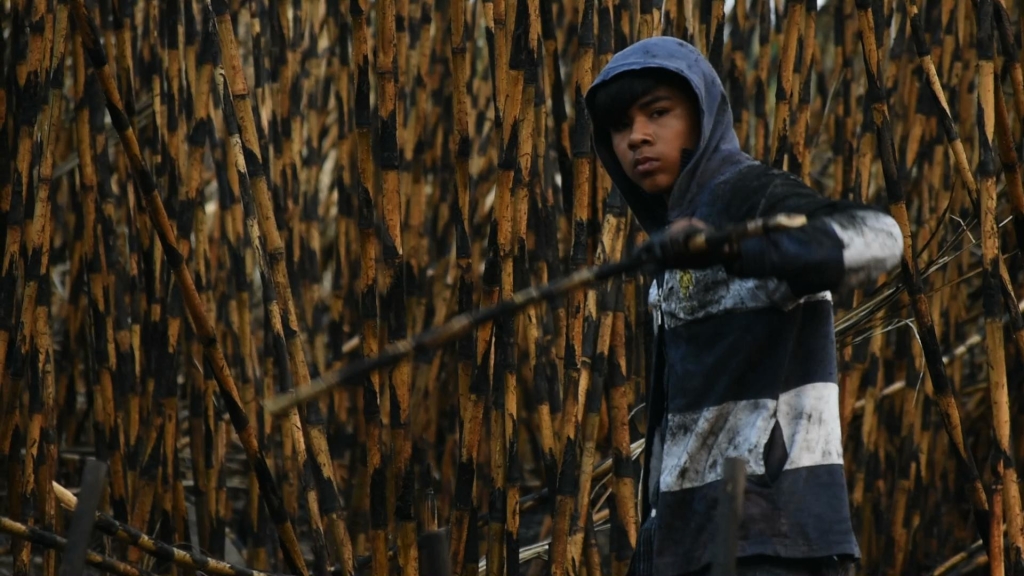
Dir. Isis Alejandra Ahumada Monroy (México)
My non-place is a journey through uprooting and displacement. Jonathan is a child who migrates from Guerrero to Colima, guided by the enthusiasm of his parents, day labourers, who encourage him to study and meet them again in Colima. However, the barriers of inequality, make Jonathan join the cycle of the sugar cane harvest, entering into the landscapes of exploitation.
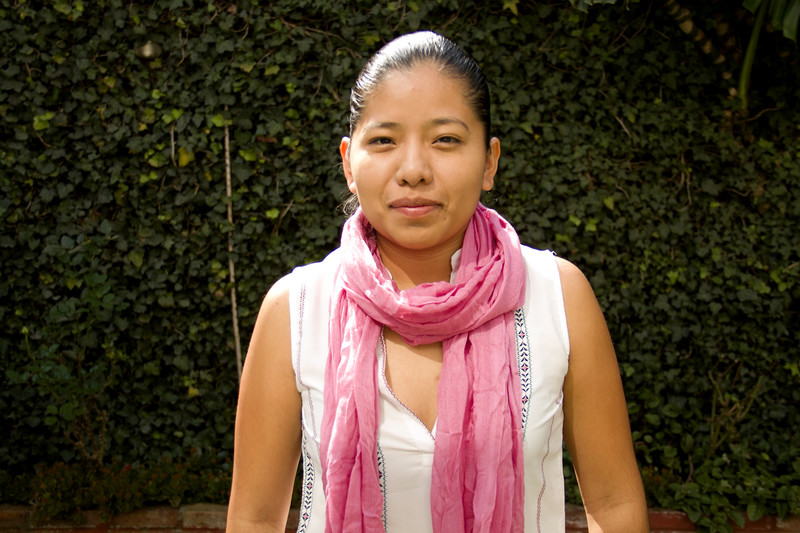
Isis Alejandra Ahumada Monroy co-directed Tecuani, Hombre Jaguar, a short film nominated for the 2018 Ariel, Mexican Academy Awards, and in the Official Selection at Hot Docs 2018. She directed Dicen que yo no lo sé, winner of Best Short at Docs-Zanate 2015. Currently, her debut film Mi no lugar, is a documentary feature at post-production stage.
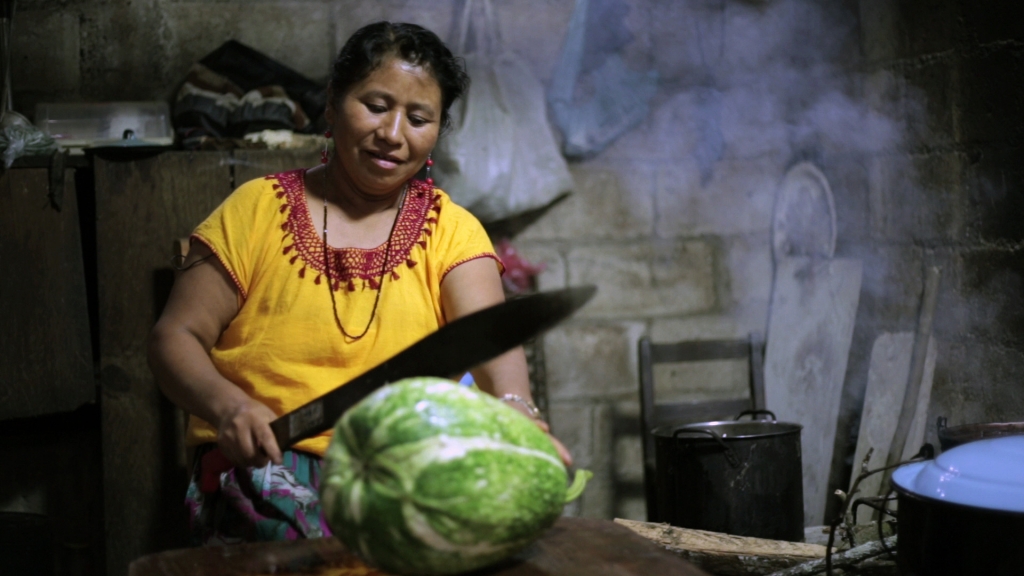
Dir. Juan Antonio Méndez Rodríguez (México)
“As a Mexican Tzotzil I grew up between the sacrality both of Guadalupe Virgin and Mother Earth. As a son, I grew up among the derision of not having a father and blaming my mother for it. Mom is a dialogue between mother and son exploring their contradictions, knowing and recognizing each other, and reflecting on naturalized violence and its reproduction.”
Xun Méndez
 Xun Méndez was born in August 1988 in Chiapas, Mexico. He is a Tzotzil native speaker and a Spanish speaker. He trained as a documentary filmmaker at Ambulante Más Allá, CCC con Patas, and the Escuela de Cine Documental de San Cristóbal de las Casas. He currently works as a cinematographer in documentary short film and feature film productions. His most recent works are: Negra by Medhin Tewolde and Kuxlejal/Vida by Elke Franke. He’s strongly interested in stories of life struggles. As an audiovisual creator, most of his stories are about the essence of Indigenous people. He tries to develop the real cultural heritage of the characters and avoid clichés about Indigenous persons. Mom is his first feature film as director.
Xun Méndez was born in August 1988 in Chiapas, Mexico. He is a Tzotzil native speaker and a Spanish speaker. He trained as a documentary filmmaker at Ambulante Más Allá, CCC con Patas, and the Escuela de Cine Documental de San Cristóbal de las Casas. He currently works as a cinematographer in documentary short film and feature film productions. His most recent works are: Negra by Medhin Tewolde and Kuxlejal/Vida by Elke Franke. He’s strongly interested in stories of life struggles. As an audiovisual creator, most of his stories are about the essence of Indigenous people. He tries to develop the real cultural heritage of the characters and avoid clichés about Indigenous persons. Mom is his first feature film as director.
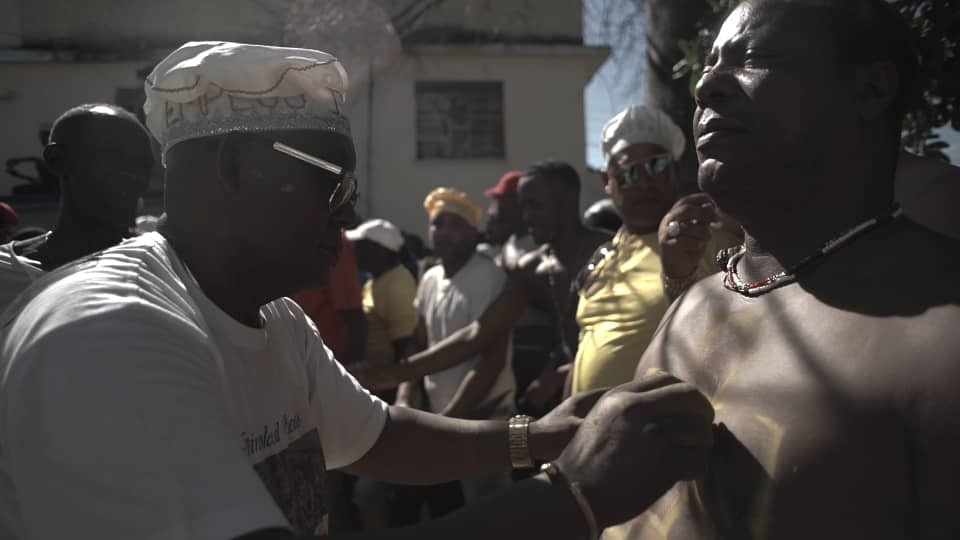
Dir: Mayckell Pedrero (Cuba)
Bongó Itá (One Voice) is a documentary about the Abakua in Cuba. Abakua is religious brotherhood that was brought by enslaved people from Africa, 200 years ago. This religion exists only in Cuba. Bongó Itá shows how it has survived the Spanish domination and the Communist revolution.
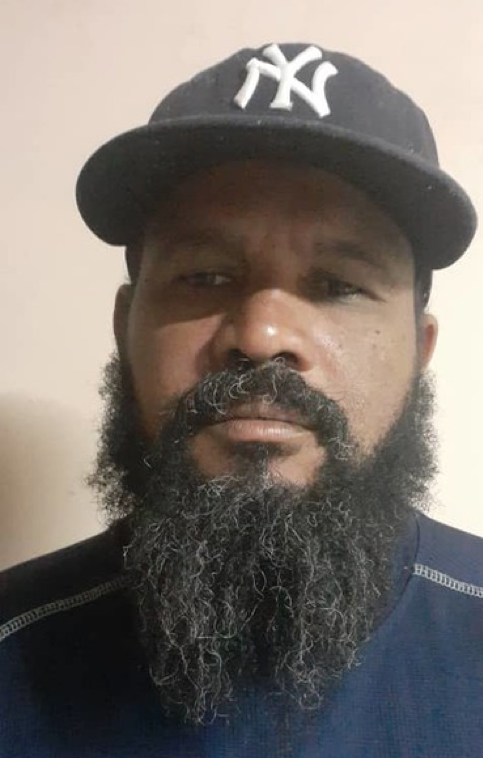
The director of Bongó Itá, Mayckell Pedrero, graduated with a degree in Education from the Enrique José Varona Higher Pedagogical Institute in 1998. In 2002 he carried out his first job as Director of Photography, an activity that he would combine with that of General Direction of some shorts. He has been a member of the Cuban Association of Communicators (ACC) since 2006, a place that has allowed him to take several postgraduate courses to hone his craft, all related to audiovisuals. In 2004, he entered the Higher Institute of Art (ISA), where he studied photography and graduated from it in 2009. He made his first documentary entitled Nostalgia about Noel Lima, who was for many the best animator of all time. That same work served as his graduation thesis. In 2010, he finished his second documentary entitled Revolution, which won five awards at the 9th Festival of Young Filmmakers in Havana, including the Grand Prize.
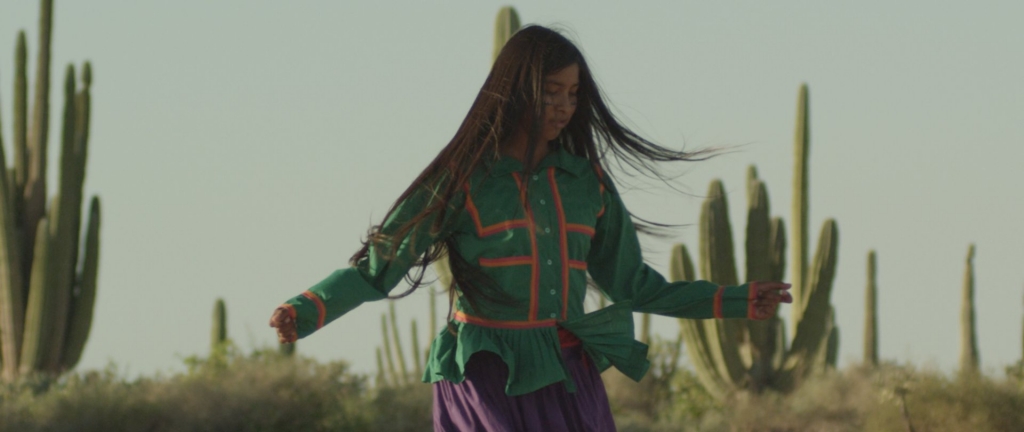
Dir: Antonio Coello (México)
In a desert by the seashore, a girl goes through a rite of passage. The ceremony will turn her into a woman but will also turn a nightmare into real life, a rebuff into a fatal disease, and an addiction into a family treason. The non-tangible heritage of the Seri intertwines with reflections on their challenging present. An ancient culture transits through modernity.
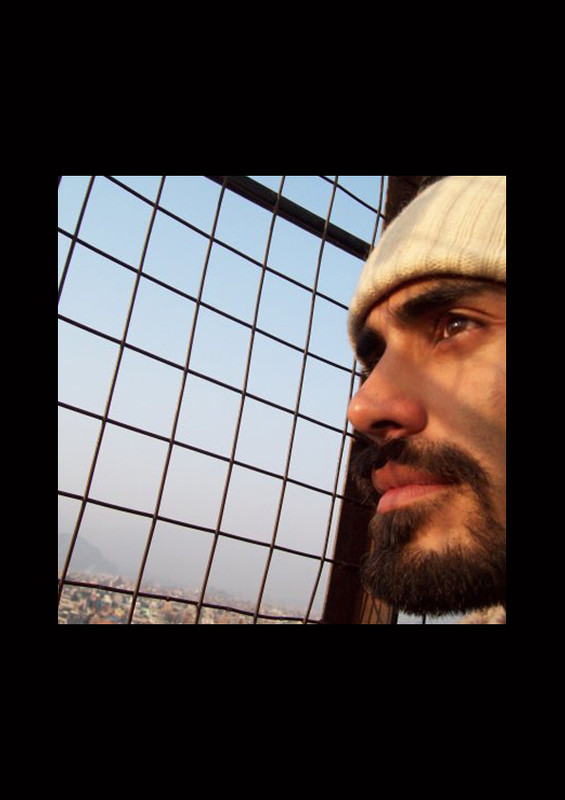
Antonio Coello studied film in Mexico, Spain, and Cuba. His work is dedicated to exploring cultural diversity through keen observation and a sense of humour.
He has received several grants supporting his creative work as well as awards for this short films. He is currently working on Seven Edges, his first feature-length film.
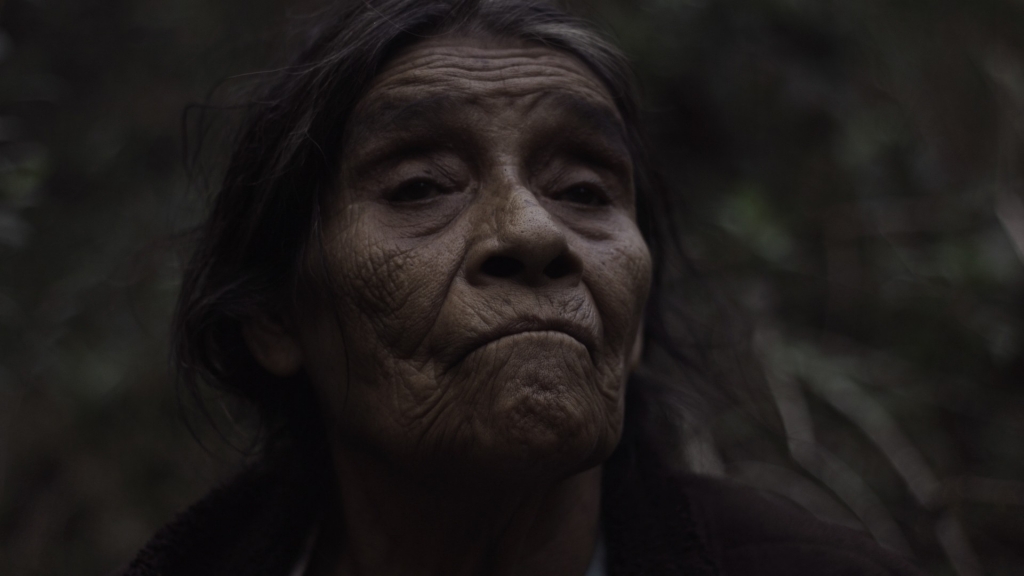
Dir: Diego Amando Moreno Garza, Fabiola Manyari Laura López Bracamonte, (Guatemala/México)
After the genocide in the 1980s in Guatemala, Catalina survived as a displaced person. Birds witness their flight. Junkolal is a documentary that immerses us in the universe that no army can ever destroy: the will to live of a border town south of Mexico and north of Guatemala, who, with their ancient Chuj Maya knowledge, have overcome tragedy through hope and cultural communion.
Selection Committee

Luna Martínez Andrade (Guelatao, Oaxaca, Mexico 1986) is a filmmaker, photographer, producer, director and cultural programmer of the northern highlands of Oaxaca. She is the co-founder of the Itinerant Audiovisual Camp, the Community Cinema Network Aquí Cine, Jeqo2 and the CineToo Lab3. In 2001 she received second place in the Manuel Álvarez Bravo National Photography Prize for youth. In 2006 she received a Semillas – MacArthur Foundation recognition.
Martínez Andrade grew up at a time when Guelatao was becoming the epicenter of a new era of community communication. In 1990 the XEGLO Radio station “La voz de la Sierra” had been founded, which broadcasts in the Chinantec, Mixe, Zapotec and Spanish languages, and where Luna Martínez participated as an broadcaster. Four years later, in 1994, the television channel CANAL 12 “Our vision” was created in which she participated as an actress.
She studied arts at the Miguel Cabrera Center for Art Education (CEDART) in the city of Oaxaca with a grant from the Guadalupe Musalem Fund. Luna Marán is a graduate of the University of Guadalajara, where she obtained a degree in Audiovisual Arts. She was selected for the Visionary Talent Campus 2008 and the Talent Campus Guadalajara 2009 of the Guadalajara International Film Festival. She received the “Nuevas Miradas” away in Cuba, 2013; Cuban Hat Award and IMCINE Award at the 7th DocsForum of the 9th International Documentary Film Festival of Mexico City, DocsDF, 2014 with the project in post production, Tío Yim. Her film Tio Yim was part of the Morelia International Film Festival official selection in the Mexican Documentary section.

Based in São Paulo, Brazil, Heitor Augusto works as an independent programmer, film critic, lecturer and translator. He programed Black Brazilian Cinema: Episodes of a Fragmented History, a retrospective hosted at Belo Horizonte International Short Film Festival and focused on short films spanning the period from 1973 to 2017. The retrospective was also accompanied by a 374-page catalogue, the most comprehensive effort yet to investigate the presence of Black directors. He has also programmed for other festivals, retrospectives and film clubs. He’s the head programmer for NICHO 54, an institute, of which he is a co-founder, working for the promotion of film education to Black Brazilians, as well as pushing for racial equity in the industry.
Through this his work has helped to uncover systemic invisibilities perpetuated by traditional approaches to film history, providing healing to historically shattered subjectivities, as well as being an integral part of forging his own identity. Since 2015 Augusto has been mapping the presence of Black Brazilians in film history and such material will constitute an innovative research to be published in 2021. In constant exchange with the African Diaspora, his current curatorial research focuses on experimental films and queer cinema directed by Black filmmakers, with a special interest in bridging Brazilian with American expressions. In American film, his main object as a researcher is Blaxploitation cinema, with which he’s engaged from a formal, aesthetics, historical, racial and political perspective.
His writing in English can be found at https://ursodelata.com/category/in-english/.

Gerardo Berrocal, is a producer of the Wallmapu (Mapuche territory), precursor and coordinator of the ADKIMVN initiative, through which he has carried out a work focused on the development of Cinema and Communication of the Mapuche people. Gerardo has produced a series of documentaries and audiovisual works focused on making the reality of the Mapuche people known, mainly from the process of recovery and territorial defense; the revaluation of ancestral knowledge, culture and spirituality; the strengthening of the traditional organization and the territorial structure. Gerardo’s works have participated in various film festivals, national and international level. Gerardo is the producer of TUWUN Indigenous Film Festival of Wallmapu.
Award Jury
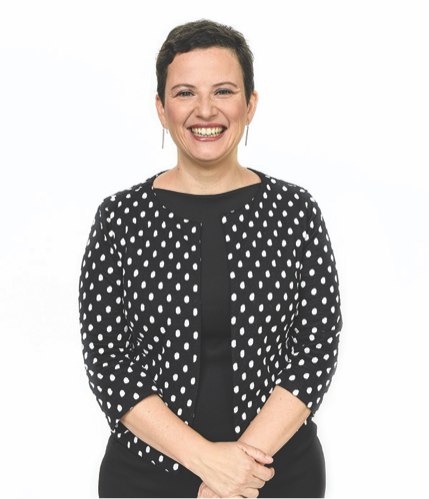
Diana Sanchez is the Senior Director, Film, at TIFF, overseeing the programming strategy for the Toronto International Film Festival and TIFF Cinematheque. During the Toronto International Film Festival, Sanchez is also the Lead Programmer for Special Presentations, as well as the programmer for Spain, Latin America, Portugal and the Caribbean. In the past, this included co-programming the City to City programme at the 2011 Festival, which highlighted the cinema of Buenos Aires. One year after joining the Festival in 2002, Sanchez programmed the national cinema spotlight Vida de Novo: The New Brazilian Cinema. She subsequently programmed two surveys of Argentine cinema for TIFF Cinematheque in 2004 and 2006. Also in 2006, she programmed a week of Cuban cinema at the Royal Ontario Museum.
Previously, Sanchez served as founding Artistic Director for the International Film Festival of Panama, where she created Primera Mirada, a post-production competition that awards funding to films from Central America and the Caribbean. She is a programme advisor for LALIFF (Los Angeles Latino Film Festival) and programmed Houston Latin Wave with the PROA Foundation in Argentina and the Museum of Fine Arts Houston. Sanchez previously served as a programme consultant for the Miami International Film Festival, where she co-created the Encuentros programme, an initiative that helps fund films in post-production. In 2008, she was on the first Primera Copia jury at the Havana Film Festival and was again part of the jury in 2013 and 2017. She has also been a jury member for the script development fund at the Colombian Ministry of Culture and participated as part of the jury for the Ecuadorian Ministry of Culture, allocating funds for films in development and post-production, as well as educational initiatives. In 2017 she participated in Uruguay’s National Film Fund as jury for Feature Film production. Sanchez holds a Master’s degree in Cinema Studies from the University of Toronto.
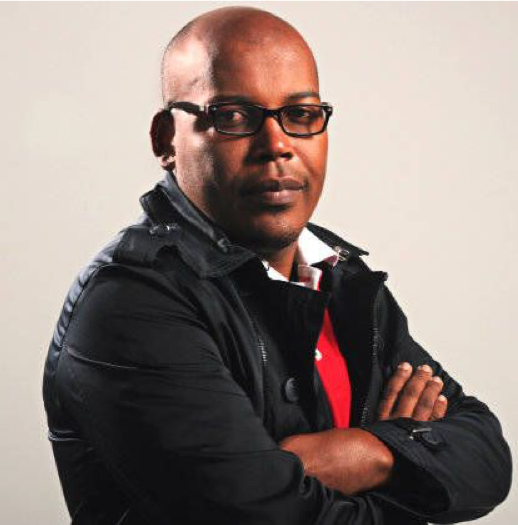
Jhonny Hendrix Hinestroza (Quibdó, October 12, 1975) is a Colombian film director and producer, recognized for directing the films Chocó (2011), Saudo, laberinto de almas (2016) and Candelaria (2017), in addition to his extensive career as a producer. Most of his career has been carried out in the city of Cali, Valle del Cauca. After studying Social Communication, in 2003 he created the film company Antorcha Films. After producing some short films, in 2006 he served as production manager on Carlos Moreno’s feature film Dog Eat Dog. The film became a critical success and was screened at a host of major international events. A year later, he took on the role of executive producer on German director Tom Schreiber’s film Dr. German. He continued to produce many award-winning films including Hiroshima (2009) and Patas arriba (2011), before directing and writing his first feature film, Chocó, which premiered at the 62nd Berlin International Film Festival and put the region of Chocó on the international map.
In 2014, Jhonny served as co-producer of El confidente, a documentary directed by Luis Villegas. Saudo, labyrinth of souls was his next project as a director. For this suspense and horror feature film, the director again used the landscapes of his native Chocó to develop the story. A year later he directed Candelaria, a feature film set in Cuba that narrates the sexual awakening of an elderly couple.
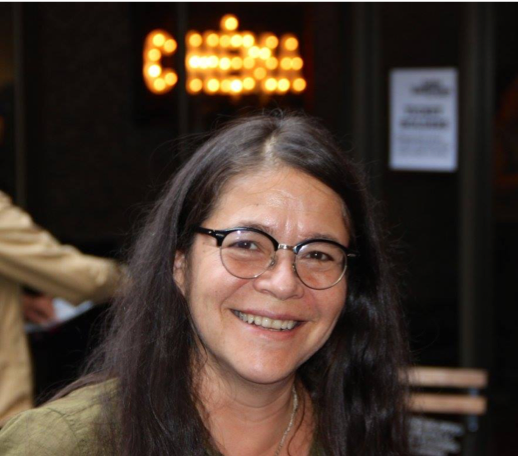
Carmen Henríquez is a Chilean-born filmmaker and television producer. She is the co-creator of multiple APTN series, including Closer To Home, Native Planet, and Power to the People, and the director of the award-winning feature documentaries, Searching for Pinochet and Cry of the Andes.
Carmen, along with business partner Denis Paquette, founded RealWorld Media and Films in 1996, and they have been producing content for big and small screens ever since. Carmen lives in Vancouver, Canada with her daughter, the amazing Celina Drysdale Henríquez.
Power to the People, her latest project with RealWorld Media, which she co-directed and edited, is a weekly television documentary that explores the renewable energy revolution empowering Indigenous communities across Canada and around the world. From revolutionary wind farms, solar power plants, run of river hydroelectric projects and tidal energy initiatives, host Melina Laboucan Massimo explores the challenges, simplifies the science, and showcases the benefit for the community and for humanity.
Work in Progress Coordinator

Valentina Montilla is a Mexican-Venezuelan artistic programmer and curator; she holds a BA in Art History and Anthropology from UBC. Valentina is a firm believer in the power that art has to generate change. She is committed to building and nurturing relationships that allow for collaborations to happen while living on Unceded Coast Salish territories, and the responsibility she carries to her family and ancestors back in Latin America. She is particularly interested in emerging artists and championing their work and advancement in the arts sector, as well as a passion for intergenerational and horizontal exchanges. She works as a Performing Arts Assistant and Youth Engagement Coordinator at the Evergreen Cultural Centre, and has been the Next Gen Coordinator for the BC Touring Council since 2017. She first joined VLAFF as a volunteer in 2015, was then part of the Youth Jury in 2017, and is back with the festival to coordinate the first edition of “Cine en construcción: Voces Afro Indígenas.”



